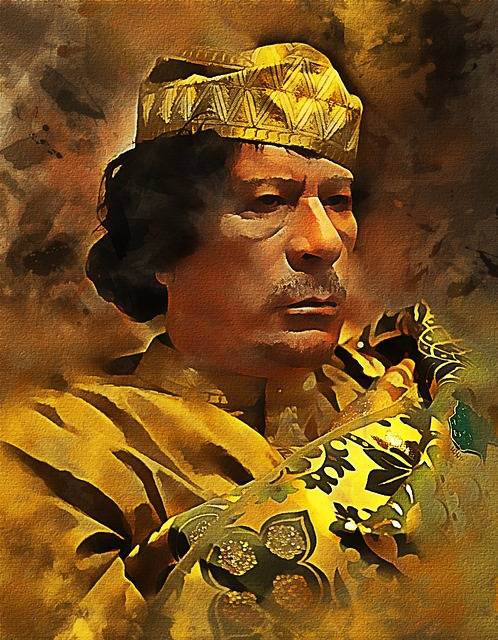Well done David Cameron. I say this not as a Conservative, or as a fan of war (I disagreed with the Iraq war and grew up in a war), but as a voter and as a lover of the (potential) potency of words.
“Gaddafi would be judged on his actions and not on his words.” said David Cameron when Gaddafi order a “ceasefire”. Quite right. Aren’t we all?
Disillusionment with politicians and indeed with friends, family, builders and businesses comes from people not keeping their word, from there being a difference between their actions and their words.
But there is more to it than that.
My French teacher was a Belgian who had to steal food as a 6 year old in Brussels during the Second World War. I distinctly remember her telling us off for coming into her class and saying that we were starving. She said we didn’t understand the word and were cheapening the word. She was right.
We all use words that exaggerate the facts. Or we dilute or demean their meaning. Sometimes we use words without meaning them at all.
A word that politicians often use in this way is the word “unacceptable”. This really annoys me – because they seldom seem to mean what they say. I understand the need for sabre rattling and the work being done through diplomatic channels being underscored by public rhetoric – but the power and deterrent value of sabre rattling evaporates if you aren’t prepared to step up to the plate if you are called out. My mum used to call it “Putting your money where your mouth is.”
The word “unaccceptable” is used far too often by politicians who then go on to accept the very actions that they called unacceptable. It should mean that it will NOT be accepted. Period. David Cameron said several weeks ago that Gaddafi’s actions were unacceptable. Today, with much diplomatic work done since, David Cameron has proved that when he said “unacceptable”, he meant “unacceptable”. That he meant what he said. Good. I like politicians who say what they mean and do what they say they will do. More of the same please

